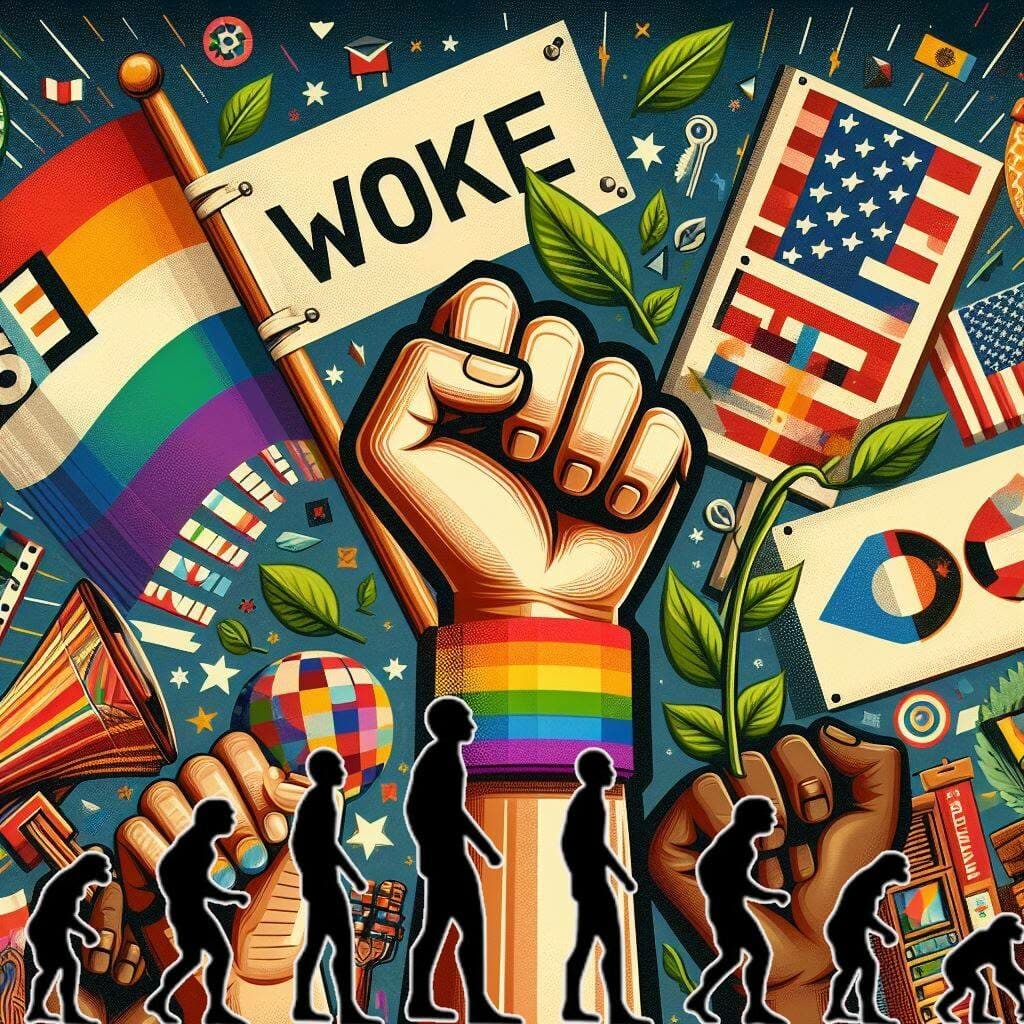Political Analyst Links Rise of 'Cancel Culture' and 'Wokism' to Fragmented Political Coalitions

A recent social media post by user "RE-OPEN THE SIZZLERS" has sparked discussion by asserting that the emergence of "cancel culture" and "Wokism" is a direct consequence of forming political coalitions lacking common ground. The user, identified as "RE-OPEN THE SIZZLERS," contended on social media that such coalitions are sustained primarily through "an appeal to group narcissism." This perspective suggests a deeper, structural issue within contemporary political alignment.
"Cancel culture," also known as "call-out culture," refers to the public denouncement and withdrawal of support from individuals or groups due to perceived objectionable behavior or statements, often amplified via social media. Originating in Black online communities in the mid-2010s as a tool for accountability, it has evolved into a broader phenomenon, with debates centering on whether it promotes social justice or stifles free speech through disproportionate consequences. Critics argue it can lead to ostracism or job loss, while proponents see it as a means for marginalized voices to hold powerful figures accountable.
The term "woke" similarly stems from African-American English, historically meaning an awareness of racial prejudice and discrimination. Popularized by the #BlackLivesMatter movement, it signified being "alert to injustice in society." However, its mainstream adoption has led to a dilution of its original meaning, and it is now frequently used pejoratively by conservatives as an umbrella term for progressive values or as a critique of what they perceive as unreasonable or extreme political correctness. This shift has transformed "woke" from a call for consciousness into a contested and often weaponized label in political discourse.
The tweet's reference to political coalitions and "group narcissism" aligns with analyses of political polarization and identity politics. Social identity theory suggests that individuals derive self-concept from group memberships, leading to in-group favoritism and out-group discrimination. This dynamic can intensify when political beliefs become intertwined with personal identity, fostering an "us versus them" mentality. Such strong identification can make compromise difficult and contribute to the fragmentation of broader political movements into narrower, more insular factions.
Experts note that political polarization, exacerbated by social media algorithms that create "echo chambers" and "filter bubbles," can lead to a hardening of opinions and reduced willingness for constructive dialogue. When diverse groups are brought together without genuine shared principles beyond a common opposition or identity, the inherent differences can lead to internal friction, which some interpret as the manifestation of "cancel culture" or "Wokism" as internal purges or external attacks against perceived ideological impurities. This reinforces the idea that the phenomena highlighted in the tweet reflect underlying challenges in maintaining cohesive, ideologically diverse political alliances in an increasingly polarized landscape.